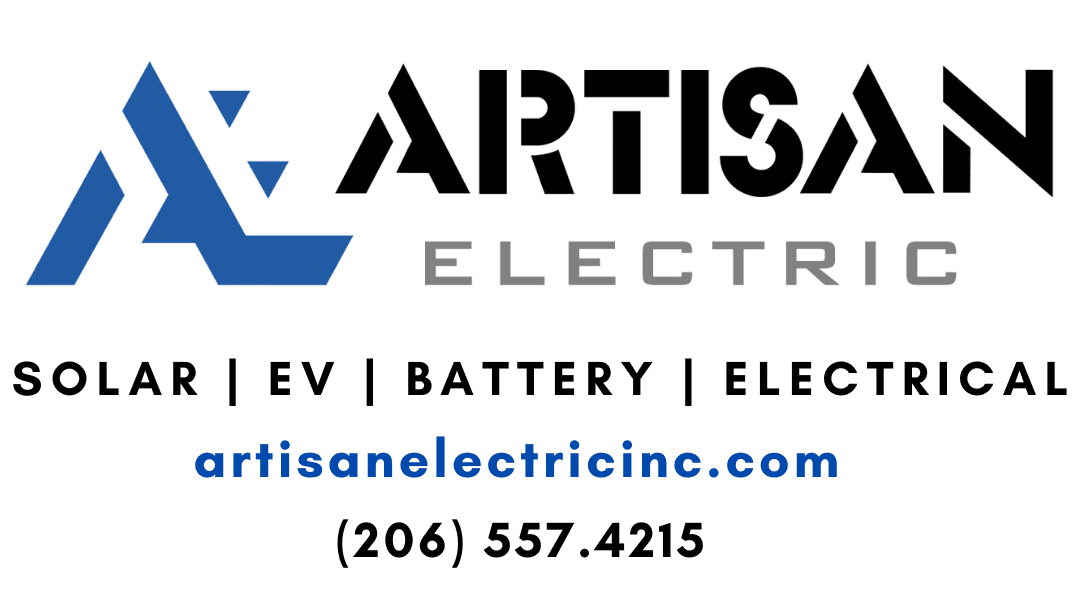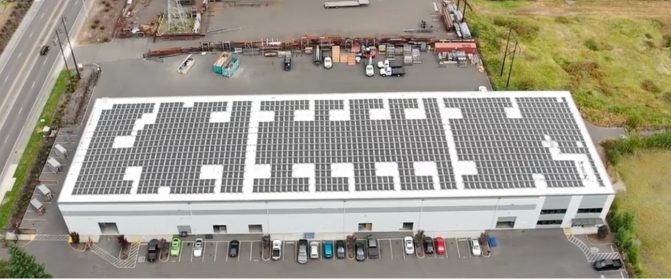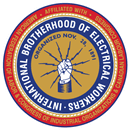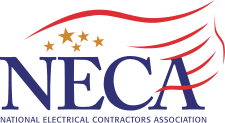Power Your Business. Save Your Bottom Line.
Solar power is a smart business investment. Cut your operating expenses and create stability with a commercial solar system.
Federal & State Tax Savings: Claim a 30% federal tax credit on the cost of your solar system. In Washington state, businesses also benefit from a sales tax exemption and accelerated depreciation through programs like the Modified Accelerated Cost Recovery System (MACRS).
Stabilize & Lower Energy Costs: Installing solar protects from rising utility rates, giving you control over your energy costs, lowering your monthly electric bills long-term.
Generate Revenue: Turn excess energy into income. With net metering, businesses can sell any surplus power back to the grid, creating revenue and boosting your return on investment.
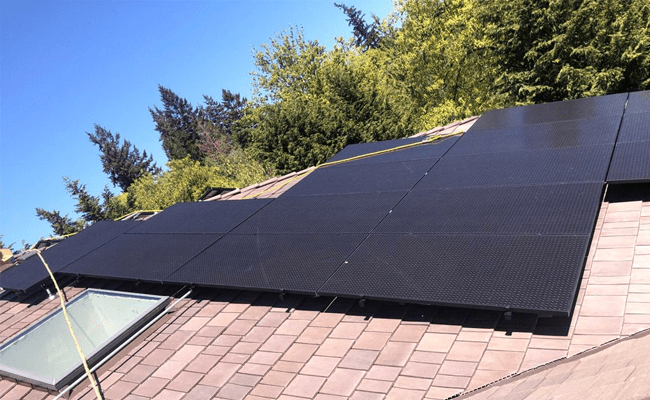
Quality Craftsmanship Backed by Washington State’s Longest Guarantee
A top-rated, certified solar and electrical contractor, Artisan Electric backs all of our commercial solar installations with the state’s longest guarantee: 25 years on workmanship and performance, plus we offer U.S.-made product options with up to 30-year warranties.
Is your business in King, Kitsap, Jefferson, or Clallam counties? As an IBEW 46 partner, Artisan Electric customers receive a $2,000 rebate for Solar Projects that are greater than 5 kW.
Commercial Solar Installation:
Tacoma Glass Manufacturing
See how Artisan Electric helped Tacoma Glass Manufacturing reduce operating expenses and leverage tax credits to lower their initial installation costs – providing an efficient installation that cut costs with no disruption to operations.
